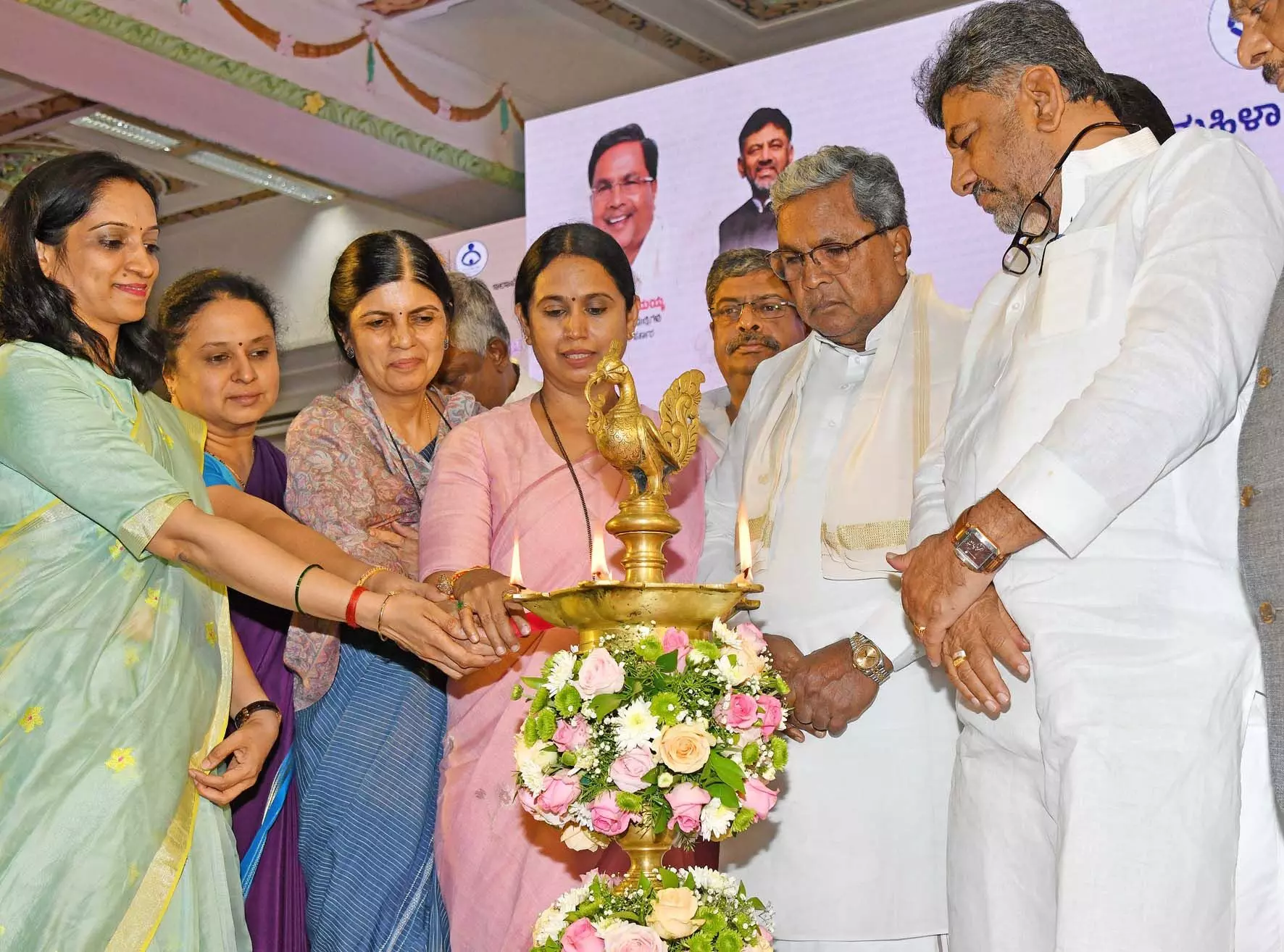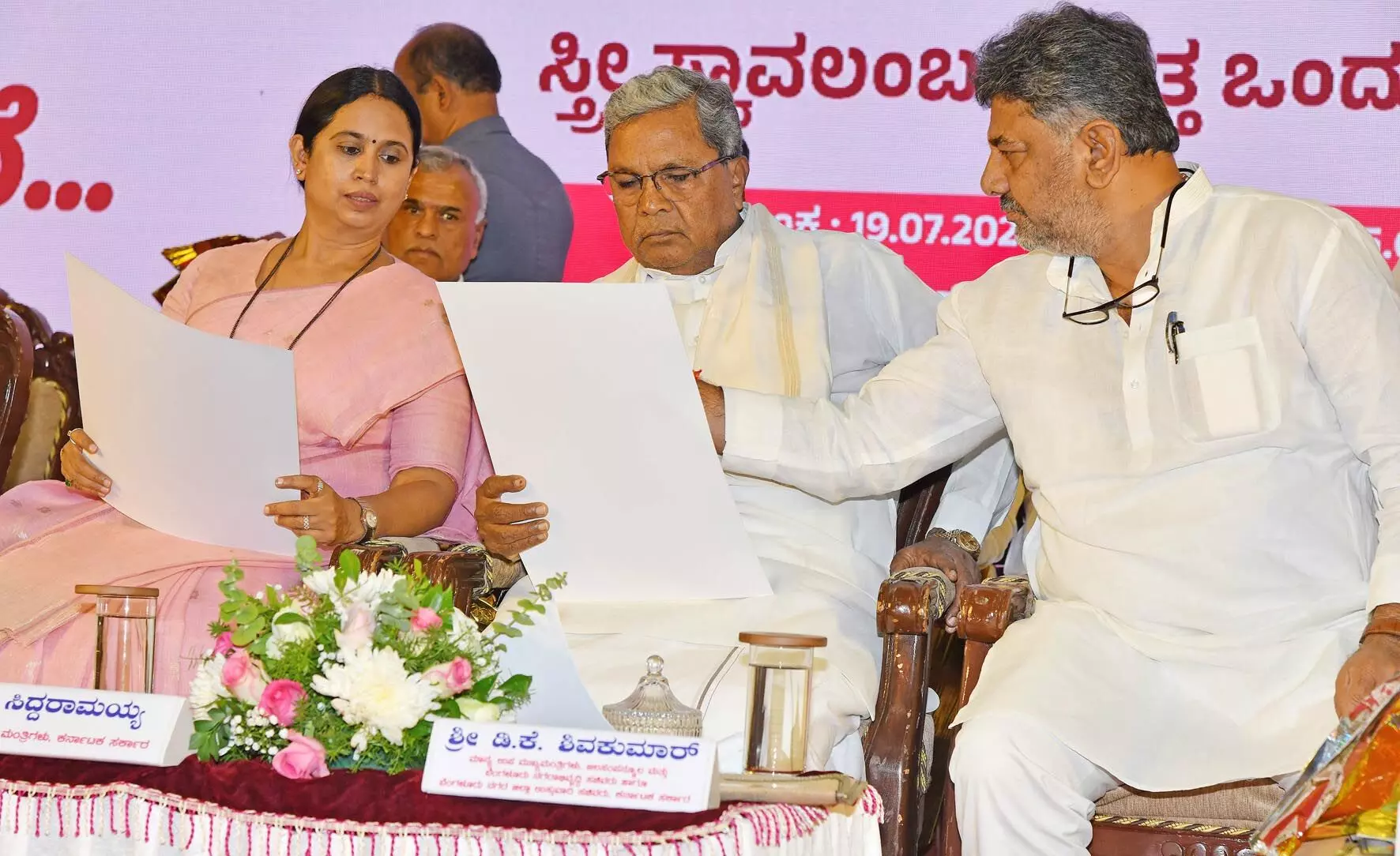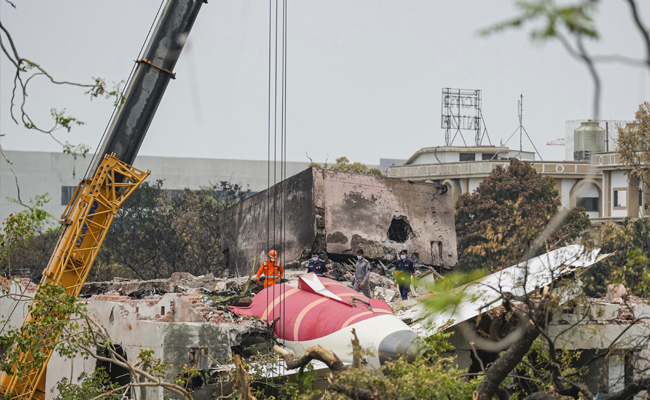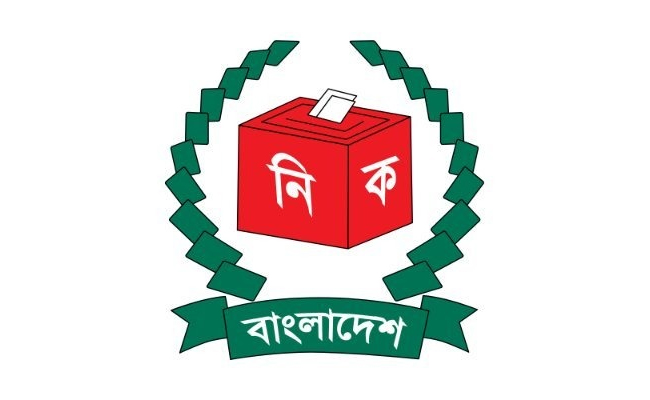Bengaluru, July 19: Registration for 'Gruha Lakshmi' scheme, one of the five poll guarantees of the Congress government in Karnataka, which offers Rs 2,000 aid per month to women head of the family, began on Wednesday.
According to officials, under this scheme Rs 24,000 will be transferred into the bank accounts of about 1.28 crore women head of the family in the state every year and is said to be one of the biggest such programmes in the country.
Chief Minister Siddaramaiah, who launched the registration for the scheme said it would come into effect from August 16.
Noting that Gruha Lakshmi will cost about Rs 35,000 crore to the state exchequer annually, he said, "if there is any security programme in the country that is more than Rs 30,000 crore show me. We have to be proud of it (Gruha Lakshmi scheme)."
"This scheme will provide Rs 2,000 per month to 1.28 crore women head of the family -- this is called universal basic income in some countries," he said. Registration for Gruha Lakshi is free of cost.
Deputy Chief Minister D K Shivakumar, Women and Child Welfare Minister Lakshmi Hebbalkar, and Ministers Ramalinga Reddy, K H Muniappa, Dr. H.C. Mahadevappa, were among others present at the event.
Under the scheme, women heads of families, as identified in ration cards (BPL and APL cards), will be eligible for Rs 2,000 financial aid from the government every month, as long as the women or the husbands do not fall under the tax-paying bracket.
According to officials, each ration cardholder, who is the woman head of the family, will be given an appointment to register, through an SMS on her mobile number linked to her Aadhaar card. She will have to visit the venue mentioned at the specified time to register.
In case a beneficiary is unable to visit the centres on the designated date and time, she can visit the same centre on the same day, or any other day, between 5 pm and 7 pm.
In rural areas, registration will be done in the nearest Grama One or Bapuji Seva Kendra. In urban areas, it will be the nearest Karnataka One or Bengaluru One centre.
Beneficiaries have to provide details of ration card number, Aadhaar number and bank account details.
In additional arrangement, a Praja Pratinidhi (citizen volunteer) will visit every household and register beneficiaries.
Among Congress' five poll guarantees, the government has already implemented Shakti' by providing free services for women in public transport buses last month, and payment of cash in lieu of the additional 5 kilograms of rice to beneficiaries under the government's Anna Bhagya' scheme.
While the Gruha Jyothi' scheme to provide 200 units of free electricity to households has already come into effect from the beginning of this month, the electricity bill for the same for power consumption this month will come in the beginning of August.
'Yuva Nidhi' the scheme to provide Rs 3,000 every month for unemployed graduate youth and Rs 1,500 for unemployed diploma holders is likely to be implemented by November or December.



Let the Truth be known. If you read VB and like VB, please be a VB Supporter and Help us deliver the Truth to one and all.
New Delhi (PTI): With a new, stringent system to establish user identity, the number of new user IDs being added daily on the IRCTC website has declined to about 5,000 from nearly one lakh, officials said on Saturday.
Union Railway Minister Ashwini Vaishnaw noted that the crackdown by Indian Railways on train ticket booking through fake identities is yielding positive results, according to a press note.
Before the latest reforms, this number had touched nearly one lakh new user IDs per day, it said.
"Following the introduction of a stringent system to establish user identity and detect fake IDs, about 5,000 new user IDs are now being added daily on the IRCTC website," the note said.
The officials stated that these steps have already helped Indian Railways deactivate 3.03 crore fake accounts.
"Another 2.7 crore user IDs have either been temporarily suspended or identified for suspension based on the suspicious activities they are indulging in," they said.
The Union minister directed officials to ensure that the ticketing system is reformed to a level where all travellers are able to book tickets easily through a real and genuine user ID, the press note added.
Additionally, Railway Minister Ashwini Vaishnaw has directed officials to provide local cuisine of the region in Vande Bharat trains.
Introducing local cuisine that reflects the culture and tastes of the regions being traversed will significantly enhance the passenger experience, officials said.
This facility will be expanded to all the trains progressively in future, they added.




